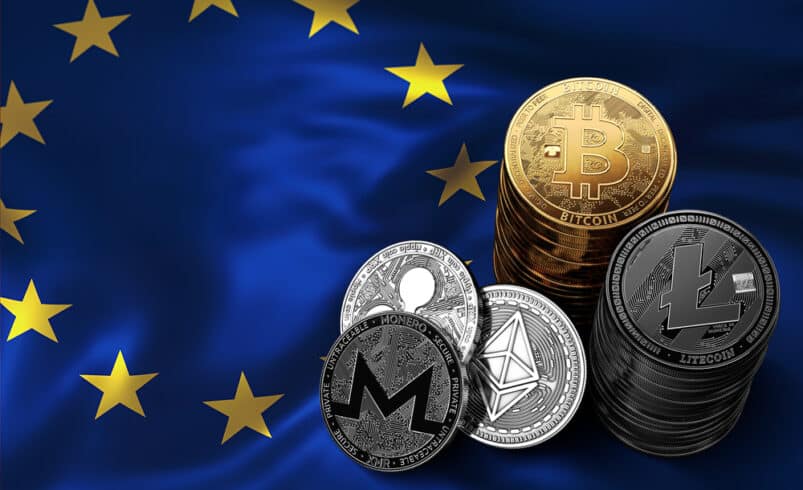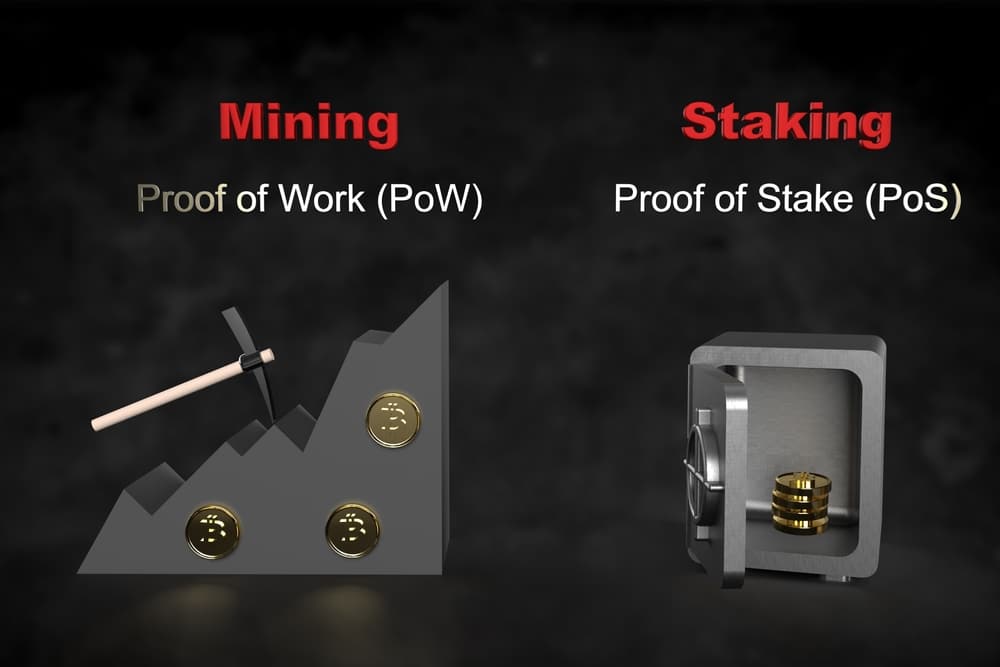A Detailed Guide to Understanding Crypto Exchange Coinbase

Coinbase is a publicly traded U.S. firm listed on Nasdaq under the ticker symbol (COIN). The cryptocurrency exchange permits users to purchase, trade, sell, stake, and store cryptocurrencies.
Coinbase was established in Francisco in 2012 by Fred Ehrsam and Brian Armstrong, the present chief executive officer.
The company aimed to widen participation in the cryptocurrency sector by providing an intuitive and straightforward platform for new users to purchase and sell cryptocurrencies. Since 2012, it has become a household name and hosts numerous crypto assets to be exchanged by millions of users globally.
Compared to other major exchanges such as Kraken and Binance, Coinbase has fewer cryptocurrencies available for trading. However, it still features most of the globe’s famous cryptocurrencies like Solana and Bitcoin.
Types of Services Offered by Coinbase
The products and services offered by Coinbase include:
Coinbase Wallet: This mobile wallet permits people to manage private keys and store cryptocurrencies safely.
Coinbase Exchange: This is the primary platform for trading cryptocurrencies.
Coinbase Advanced: This more cutting-edge trading platform offers seasoned traders lower fees and extra trading tools.
Coinbase Card: This debit card permits users to use their cryptocurrency holdings like conventional currency.
Coinbase is a centralized exchange, meaning the storage of assets comes with some privacy issues and custodial risks. However, there are benefits of utilizing centralized platforms to hold cryptos including friendly customer support for and speed of swapping cryptos in a market with significant liquidity.
People who prioritize security and do not seek to actively exchange or trade could instead consider utilizing Coinbase’s wallet.
What Do You Need for a Coinbase Account?
The requirements for opening a Coinbase account include:
- Having a valid photo ID
- Being at least 18 years old
- The most recent Internet browser version
- A medical card, passport, or driver’s license
- A phone number linked to one’s smartphone
The ultimate step after signing up with Coinbase is linking a payment method to the account, which differs across different nations.
Fees Charged by Coinbase
Coinbase allows account opening without payment of fees. Users can store crypto and execute transfer transactions. Nevertheless, it charges fees for crypto exchange, withdrawal, purchase, and sale, with fees varying based on factors such as order size, payment methods, and jurisdictional location.
On Coinbase Advanced, the spread is not included since the user interacts directly with the order book. Besides, it features reduced, more conventional exchange fees founded on the trading volume amount generated in the previous 30 days.
Reflection of Coinbase’s Growth Over the Years
Since its creation in 2012, Coinbase has experienced quick growth to become a significant player in cryptocurrency. Its major milestones include the following:
2012: Established by Fred Ehrsam and Brian Armstrong in San Francisco,
2013: Generated $5M in Series A funding
2015: Unveiled GDAX for professional traders
2017: Reached 10 million users and generated $100M in Series D funding, valuing the firm at $1.6B.
2018: Unveiled Coinbase Custody for institutional investors.
2019: Unveiled the Coinbase Card in Europe
2021: Went public via a direct listing on the NASDAQ
2022: Unveiled Coinbase Pay for more accessible account funding
Coinbase’s filings reveal growth in monthly transacting users, from 2.7 million in the first quarter of 2018 to 8 million in the first quarter of this year.
Coinbase’s Regulatory Battles
The US SEC gave a Wells notice to the company regarding suspected contravention of securities laws. In 2023, Coinbase was accused of working as an unregistered exchange, broker, and clearing house without registering.
In turn, Coinbase sued the SEC and requested that it offer more vivid cryptocurrency guidelines. Paul Grewal, the firm’s legal officer, revealed they had not received a detailed explanation regarding the evidence of what assets resulted in securities transactions.
Final Thoughts
Grewal also noted that they were not told which assets had issues and wondered why the government failed to follow its ‘typical process in their case. In turn, the SEC has dismissed Coinbase’s petition to create a new regulatory crypto structure, claiming that the present law is adequate for pursuing the matter.
Editorial credit: Iryna Budanova / Shutterstock.com
Zone Crypto Invest provides exposure for numerous crypto businesses, and we invite you to join our community! Connect with us through our Telegram chat for any questions. Given the volatile nature of cryptocurrencies, always conduct thorough research before investing. Many articles on our website are sourced from guest writers or are paid content, and they might not reflect the views of Zone Crypto Invest's internal team. The opinions in these pieces may not always coincide with Zone Crypto Invest's stance. We do not vouch for the accuracy, quality, promotions, or any other aspects showcased on our platform. Please refer to our detailed terms of service and disclaimer for further information.








